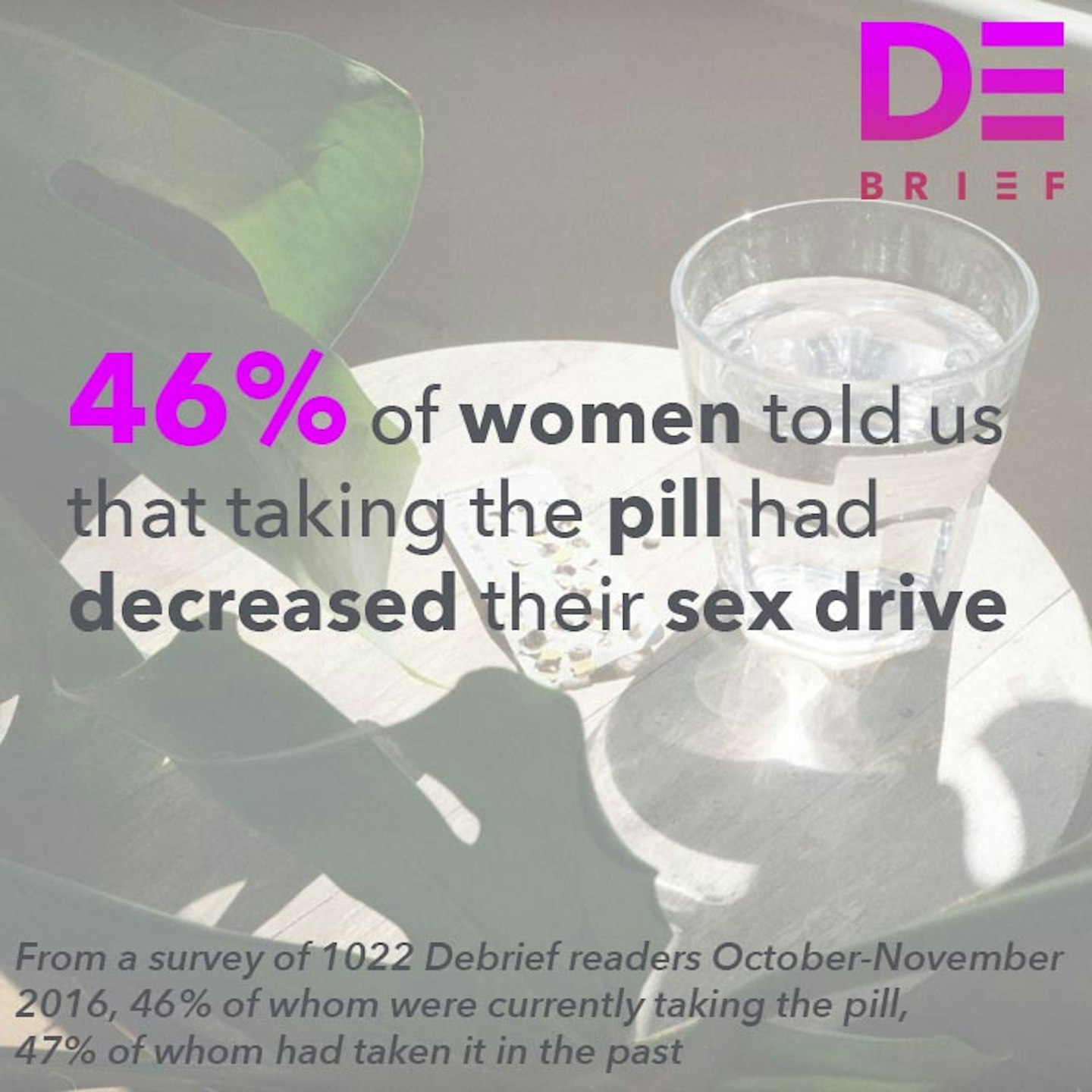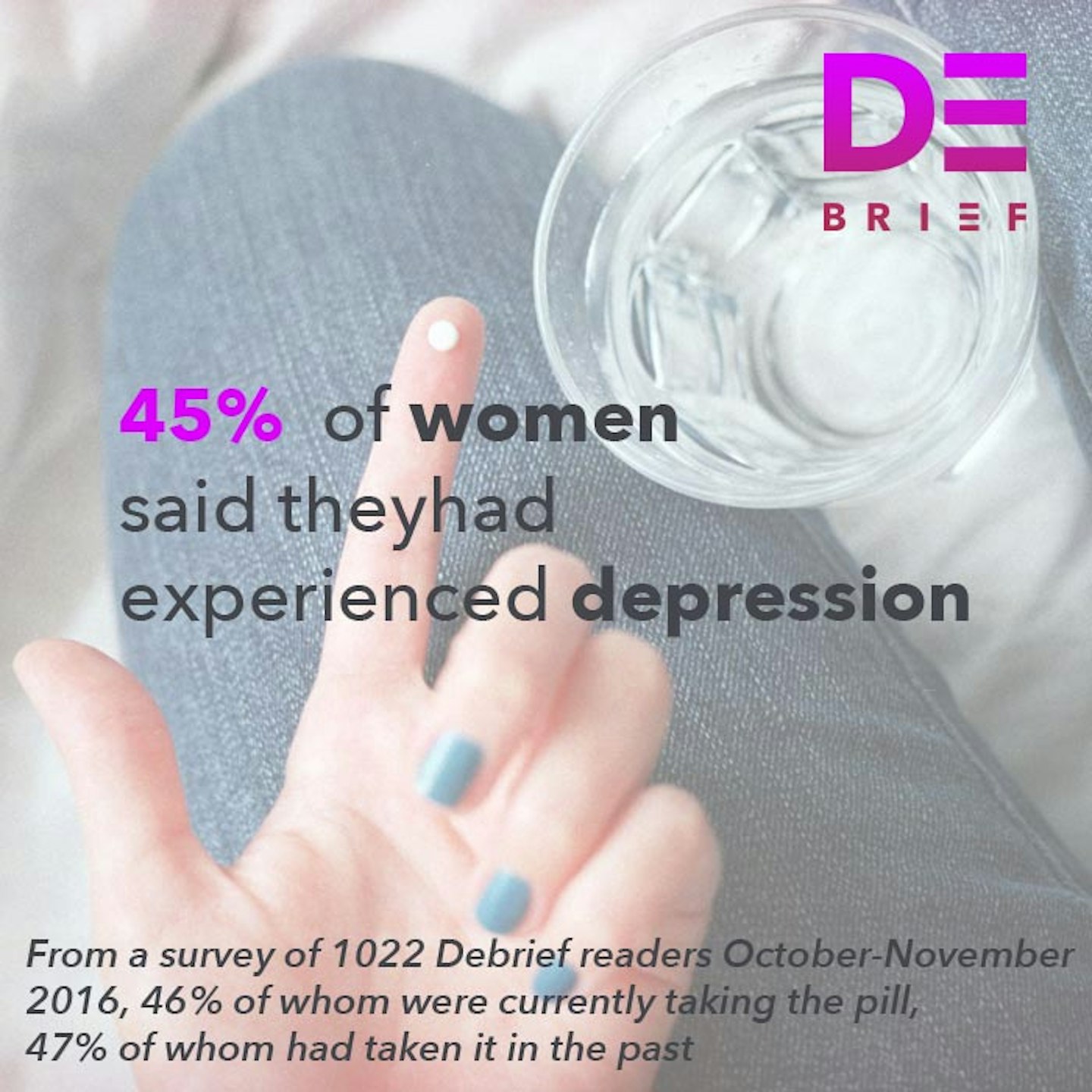Sexual unfaithfulness can be judged from men faces, according to a new study. Claiming that the more ‘masculine’ a man’s face appears to be, the more likely he is to cheat in a monogamous relationship, and the more likely people are to assume they are, in fact, cheaters. Yes, this is scientific research that is actually being funded right now.
In what appears to most unnecessary scientific research of 2019, the study - published inThe Royal Society - claims to be investigating whether we’ve evolved to know instinctively when we meet men who will father other children or steal other people’s partners. Resultingly, it seems based on the assumption that cisgender straight, white men hold the key to mankind’s survival.
For the study, the researchers asked only heterosexual white people to judge the facial features of 189 white adults. Having already been rated for attractiveness, untrustworthiness and how masculine or feminine the people appeared, the participants were then asked to judge on a scale of one to 10 how likely someone was to be unfaithful. Overall, 293 men and 472 women judged pictures of women whereas 299 men and 452 women rated pictures of men.
Both men and women gave higher scores of unfaithfulness to images of men who had ‘self-reported’ cheating or ‘poaching’. Yes, the word poaching was actually used to describe men who go after other people’s partners. Because apparently, heterosexual women are all just deers waiting to be hunted and captured, stolen as the objects we are from being the prey of other men.
Of course, the research has been warned against by other scientists, with Dr Kristen Knowles - an evolutionary psychologist from Queen Margaret University - stating that we shouldn't assume men with 'masculine' faces are more likely to be unfaithful.
'We should be aware that these behaviours are incredibly complex,' she told The Guardian, noting that men may be more likely to self-report cheating than women, 'and are likely to be influenced by many factors, including social and cultural effects, personality, genetics and life experiences.'
But the fact that the study shouldn't be taken too seriously - which the researchers themselves eluded to stating 'we should not rely on our first impressions to make diagnostic judgements of unfaithfulness' - isn't the biggest problem. Both the wording used in the published journal, and the description of masculine features themselves, are highly problematic if this study is meant to be reflective of the entire population. According to The Guardian, the study defines masculine features as ‘strong browridge, strong jaw and thinner lips’, evidently basing the entire notion of masculinity only on white men.
While scientists continue to research this, have a read of how the contraceptive pill went unresearched for 60 years and became symptomatic with many mental health issues...
Debrief Mad About The Pill Stats
 1 of 9
1 of 9Debrief Mad About The Pill Stats
 2 of 9
2 of 9Debrief Mad About The Pill Stats
 3 of 9
3 of 9Debrief Mad About The Pill Stats
 4 of 9
4 of 9Debrief Mad About The Pill Stats
 5 of 9
5 of 9Debrief Mad About The Pill Stats
 6 of 9
6 of 9Debrief Mad About The Pill Stats
 7 of 9
7 of 9Debrief Mad About The Pill Stats
 8 of 9
8 of 9Debrief Mad About The Pill Stats
 9 of 9
9 of 9Debrief Mad About The Pill Stats
More than that, when it comes to sexuality bias, the study only states once in the entire 5,000+ words that this is based on heterosexual people and has no mention of other genders or monogamy at all. Essentially, the significance of this study is based on the assumption that we’re all cis, straight, white and monogamous.
In a world where data is collated overwhelmingly in favour of men, as explored by Caroline Criado Perez in 'Invisible Women', this is yet another set of research that adds to the ever-expanding exploration of the white, male experience. How many hours went into this study that could've been spent on actually important research? Why are we continuing to neglect researching the experiences of literally everyone else? And more importantly, who is continuing to fund this research?
For this particular study, it’s a bunch of different organisations. The ARC Centre of Excellence in Cognition and its Disorders and various fellowships to the five authors, including the ARC Professorial Fellowships, ARC Discovery Outstanding Researcher Award and the ARC Discovery Early Career Researcher Award. Yes, the money given to award-winning scientists is being used for this by organisations built to study cognitive disorders. Seems worthwhile.
